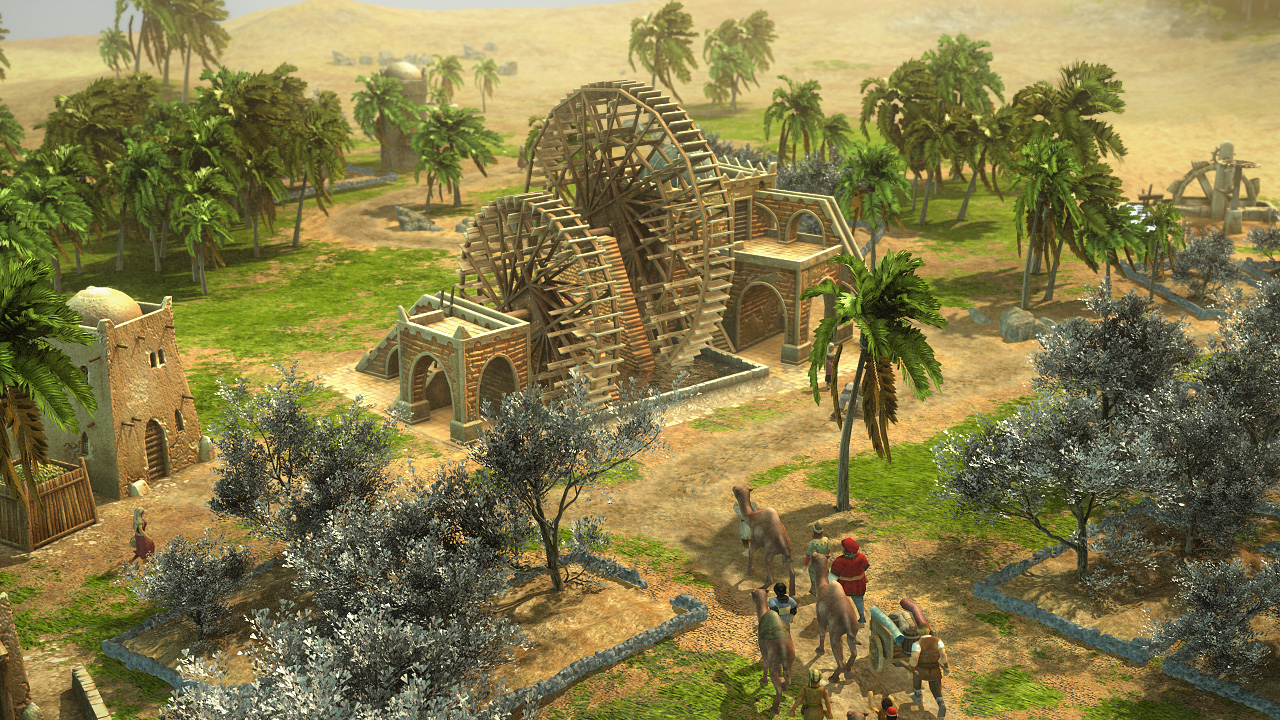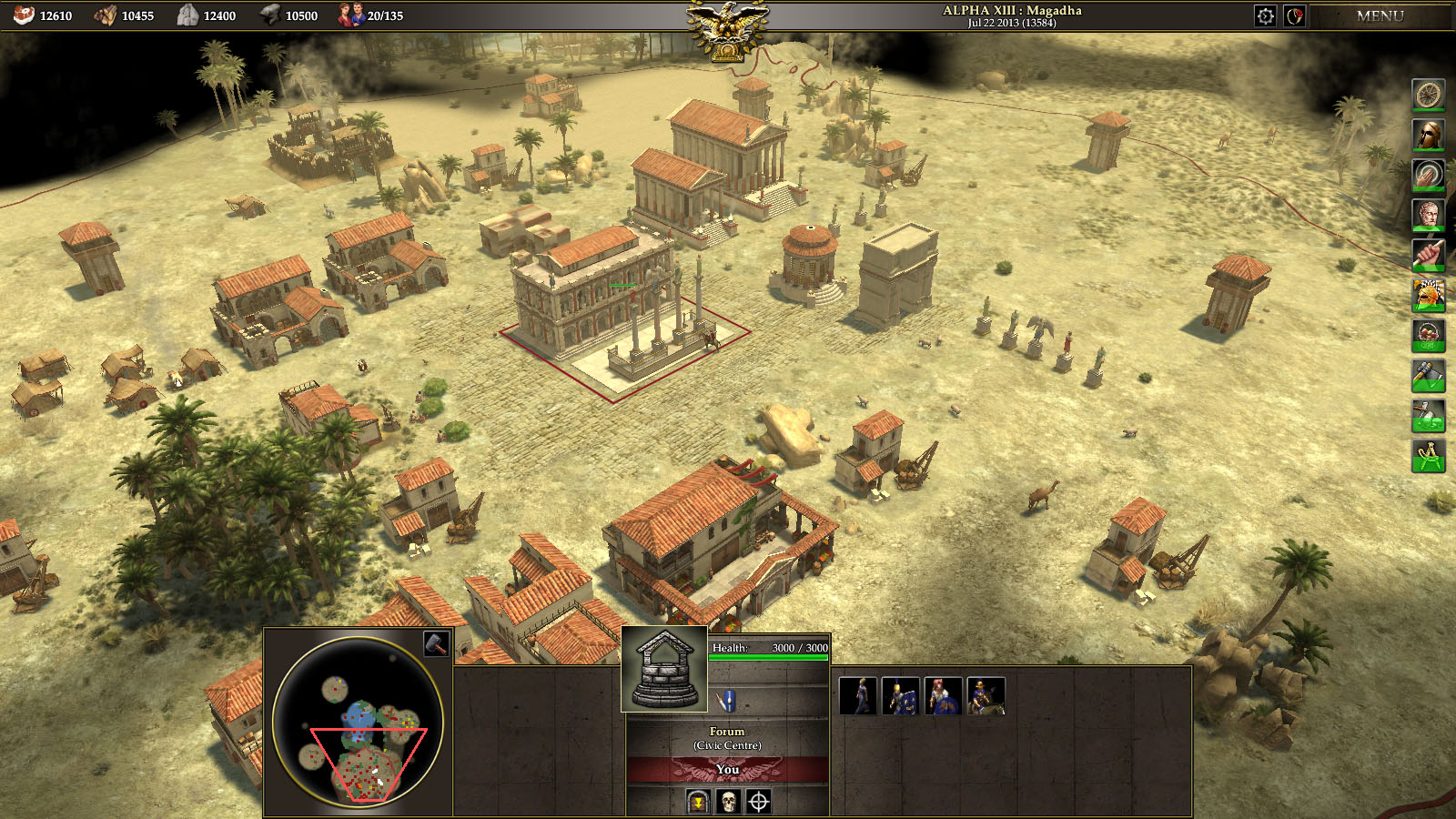

What John Keegan called ‘the face of battle’. For anyone alive today, cinematicīattle provides the primary – if not the only – visual touchstone in imagining Staging of battles in film and television. Perhaps the most ubiquitous form of modern battle re-enactment, that is the Introduce my two speakers but also to give a little bit of reflection on The evening featured talks from me, from the YouTuber Nikolas Lloyd (aka Lindybeige), and from Glasgow teacher Martin McCafferty, also known as centurion Gnaeus Pinarius of the Antonine Guard. Its aim was to explore how simulated experience of battle and of military life could enrich our understanding of the mechanics and dynamics of pre-modern warfare. It was with questions like this in mind that I organised, with the generous sponsorship of an ICS Public Engagement Grant, an event at the Hunterian Museum of the University of Glasgow entitled ‘Acts of War: Understanding Ancient Warfare through Re-Enactment’. More inured to physical suffering than were Roman warriors? Were universally declared by the Romans themselves to be larger, stronger, and That employed them as weapons of war would be unstoppable? Why could RomanĪrmies routinely defeat much larger forces of Gallic tribesmen, whose warriors With an elephant in a zoo – one could be forgiven for assuming that any army Operate, and who could put orders of magnitude more darts into the air? Whyĭidn’t everyone who had access to them use war elephants since – on contact Pre-modern armies go to the trouble of making bolt throwing machines, when, forĪ considerably lower investment of men and resources, one could use a body ofĪrchers who would be more mobile, whose weapons are easier and safer to And so the questions thatĪrise from the study of pre-modern warfare are far harder to answer.

Receive the charge of a body of medieval knights. Knowledge of what it is like to stand in a Classical Greek phalanx or to No one alive on the planet today can claim any direct Remain mysterious (indeed, it is striking that combat often retains its mysteryĪnd irrealism even in the minds of those who have firsthand knowledge of it),īut basic mechanical questions and more profound psychological questions haveĪnswers that can be sought, however imperfectly. War can supplement traditional study of archival documents relating to battlesĪnd combat with interviews or even conversations with individuals who actuallyĮxperienced those battles first hand. That do have such experience, so that a historian of – say – the Falklands Academics rarely have directĮxperience of warfare but they can nonetheless draw on interaction with those Those who study warfare in the modern period. Possess of what mass violence looks like. Military conflict, in any age, is that narratives relating to the battlefieldĮxperience can seem bafflingly difficult to square with any vision we might One of the very real problems with studying accounts of Adrastos Omissi (University of Glasgow) shares some thoughts on the re-enactment of ancient battles, after hosting an event funded by an ICS public engagement grant.


 0 kommentar(er)
0 kommentar(er)
